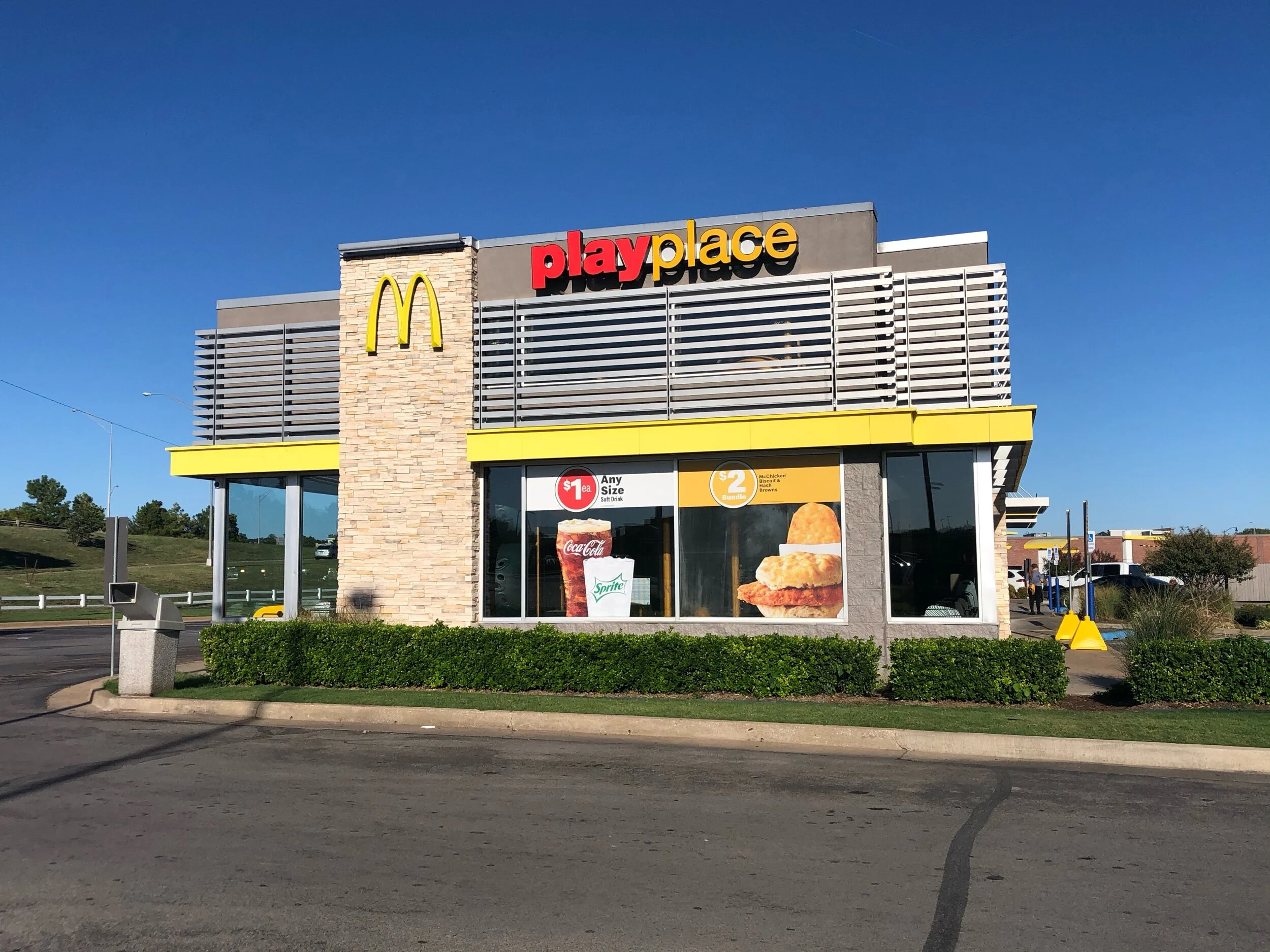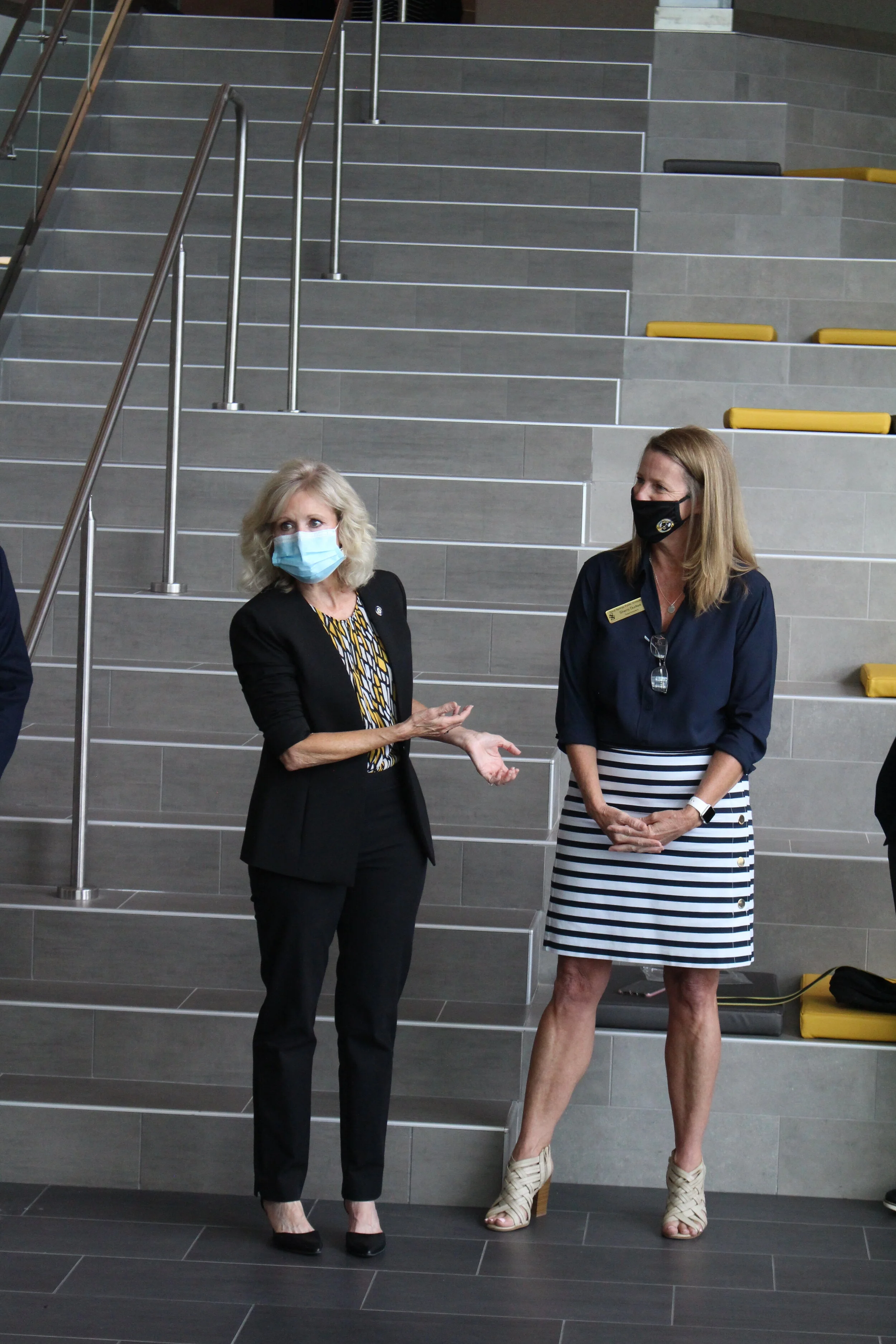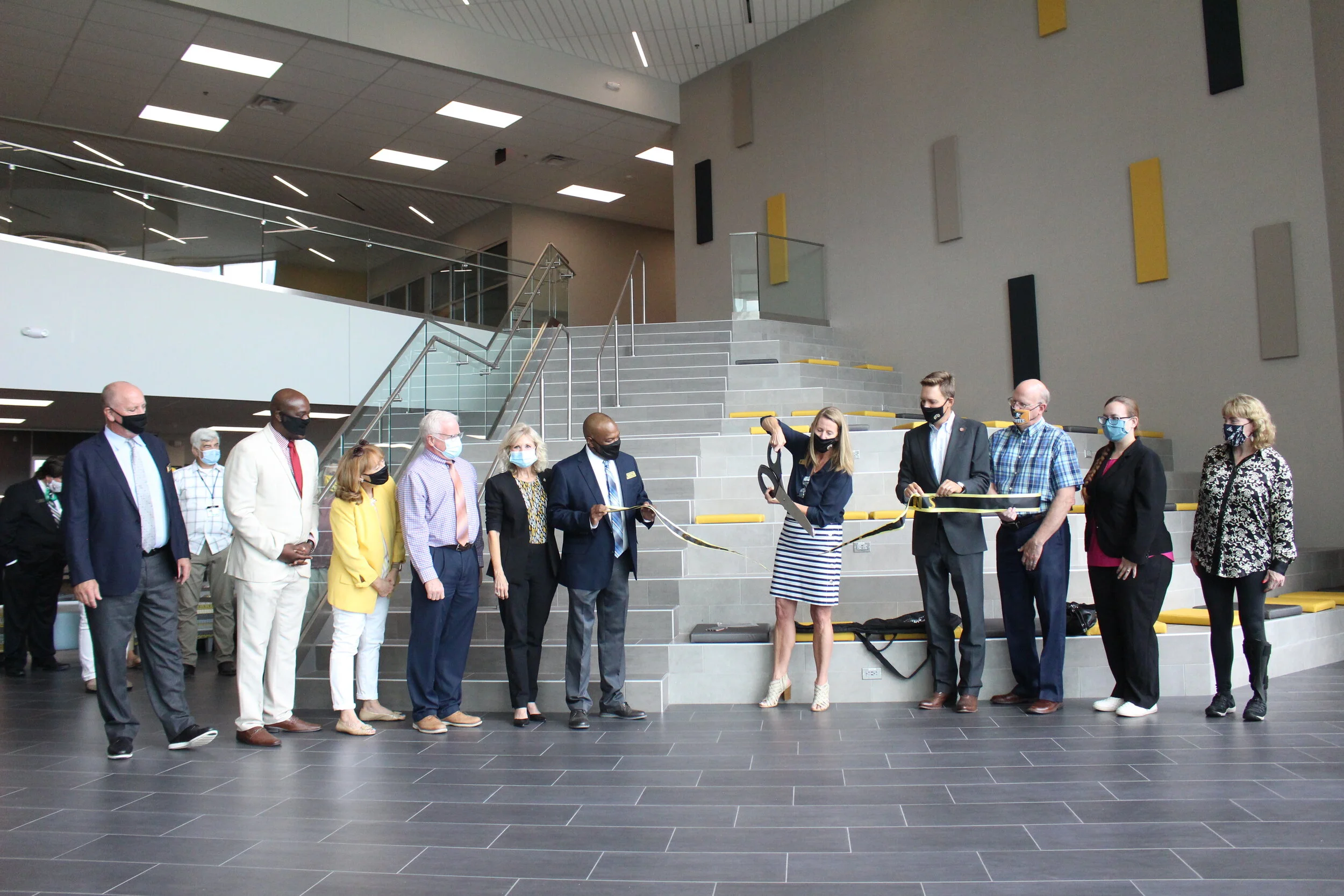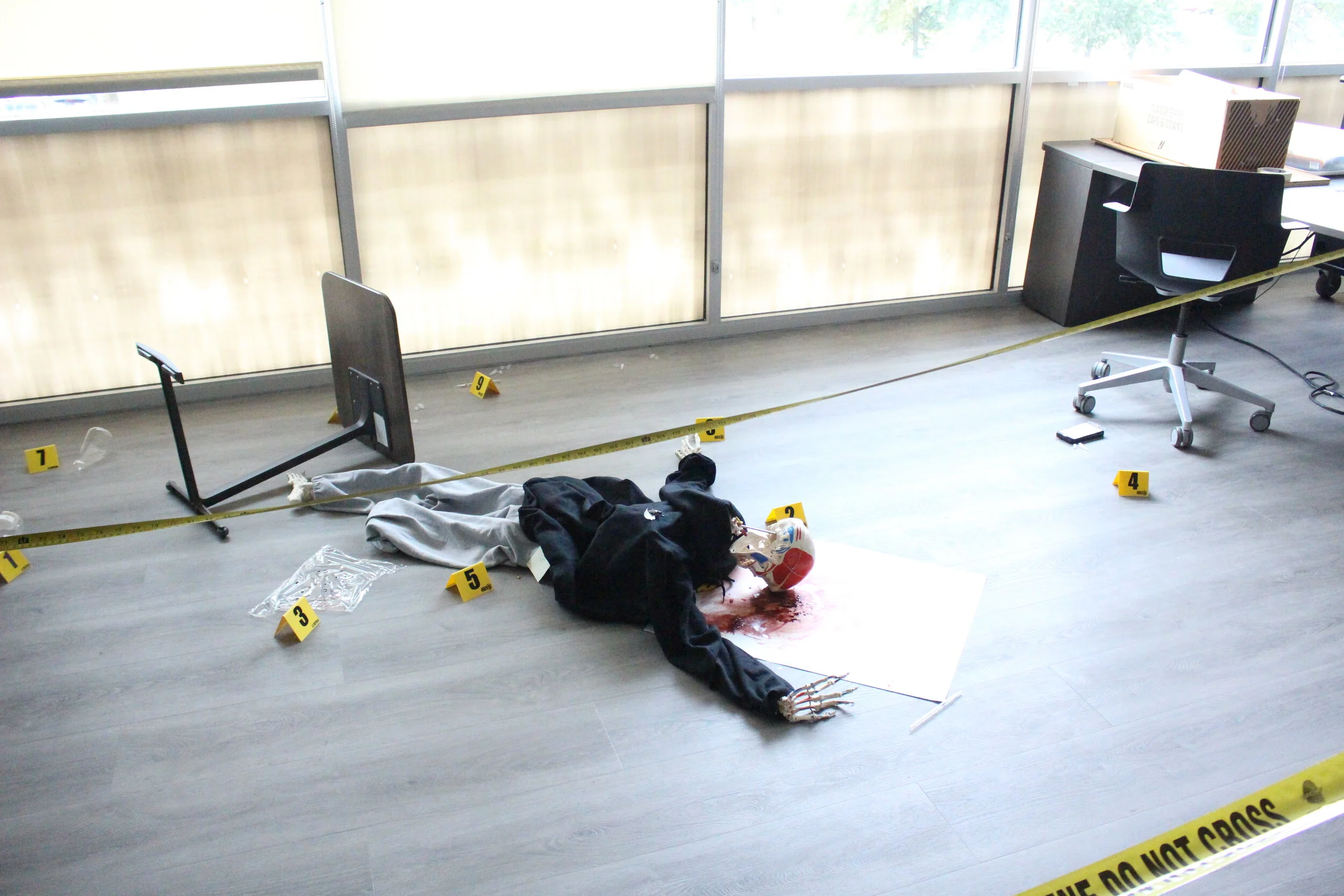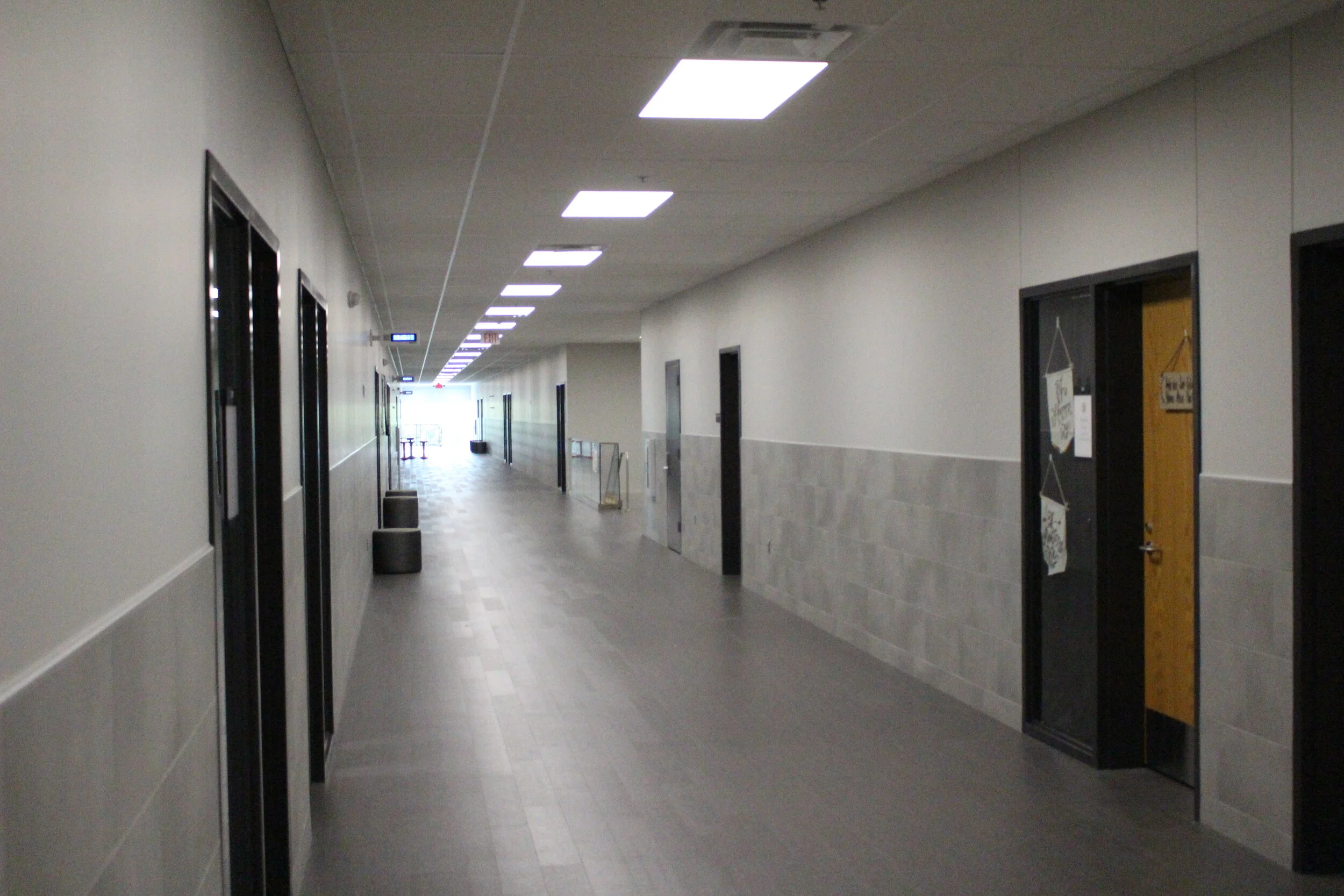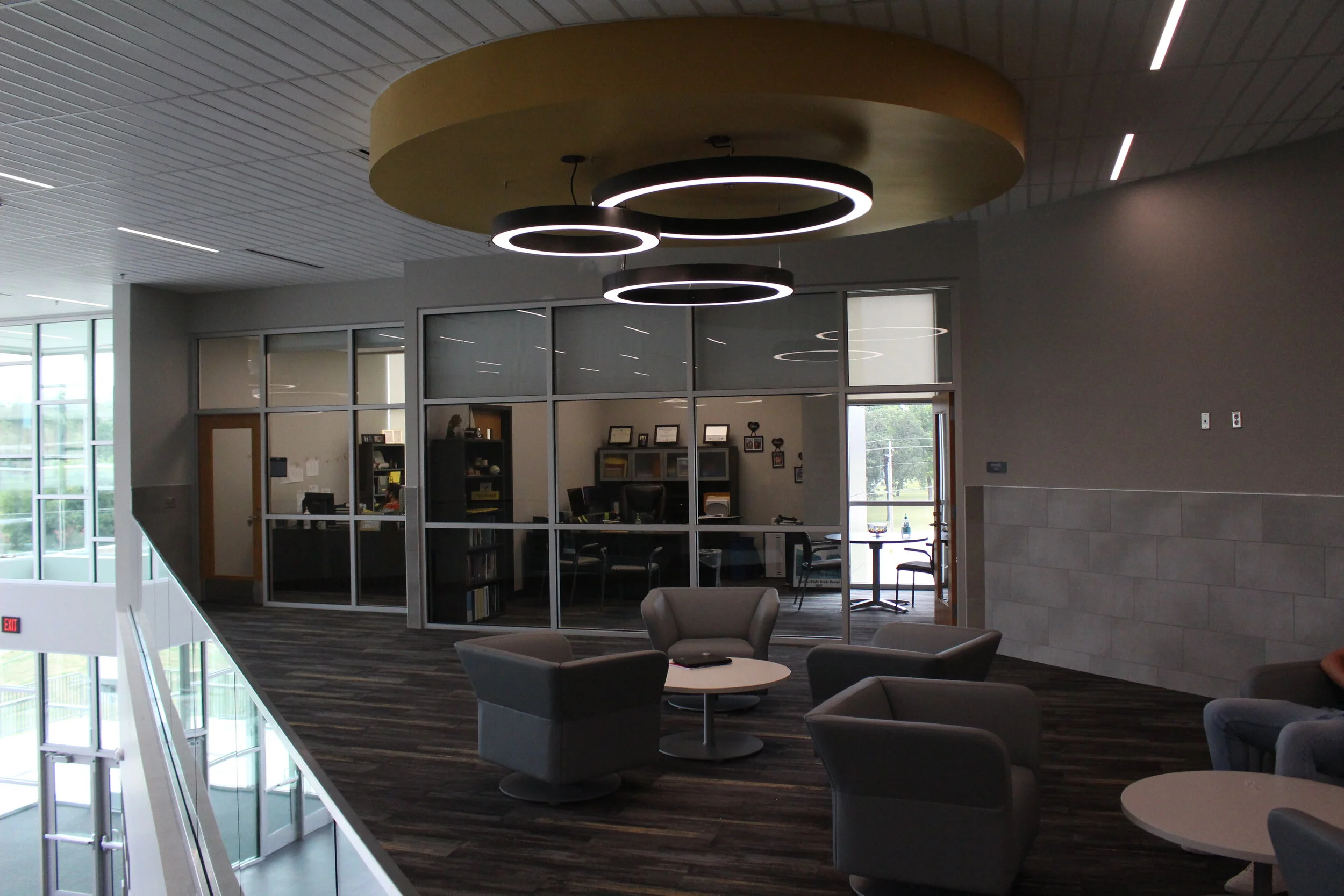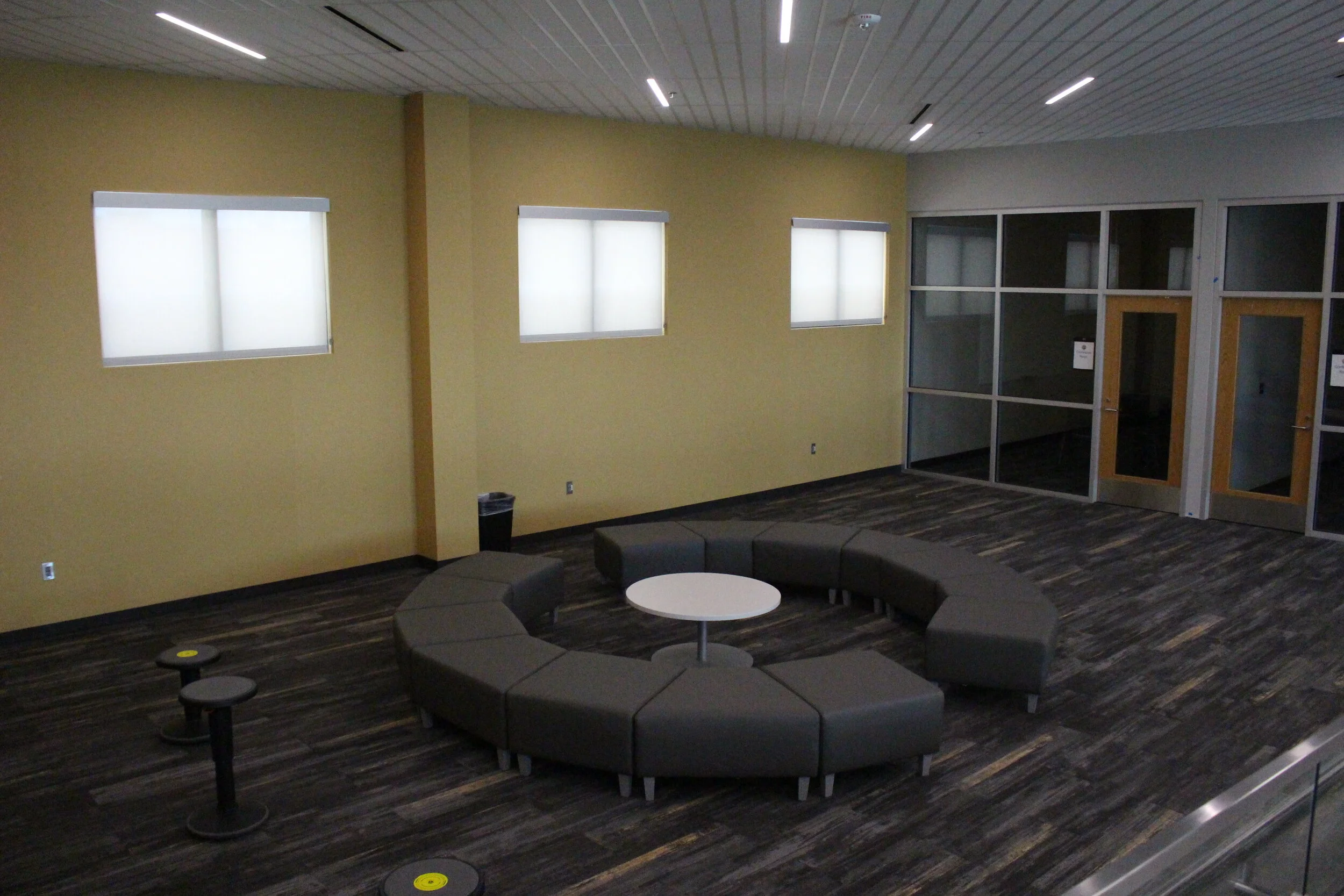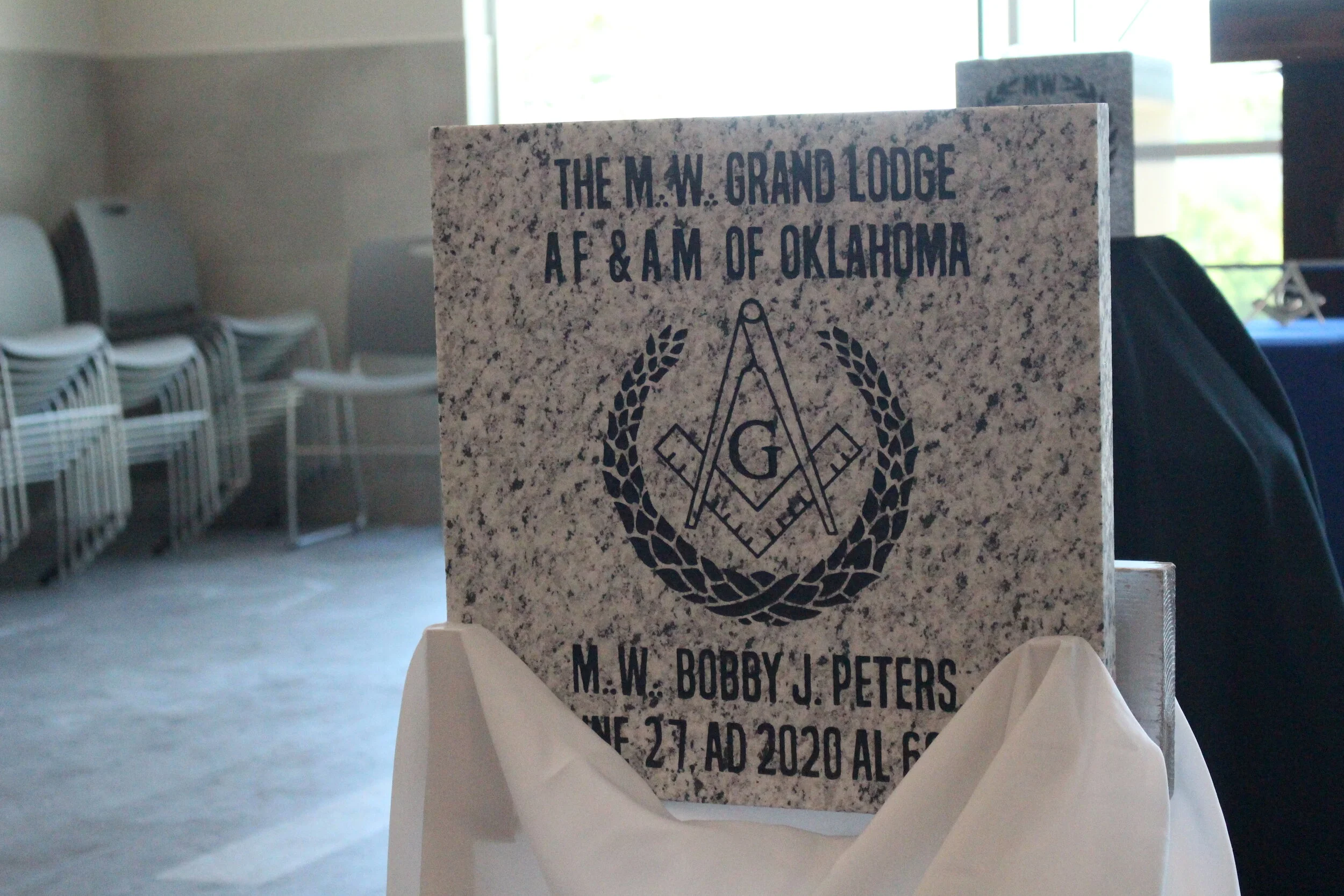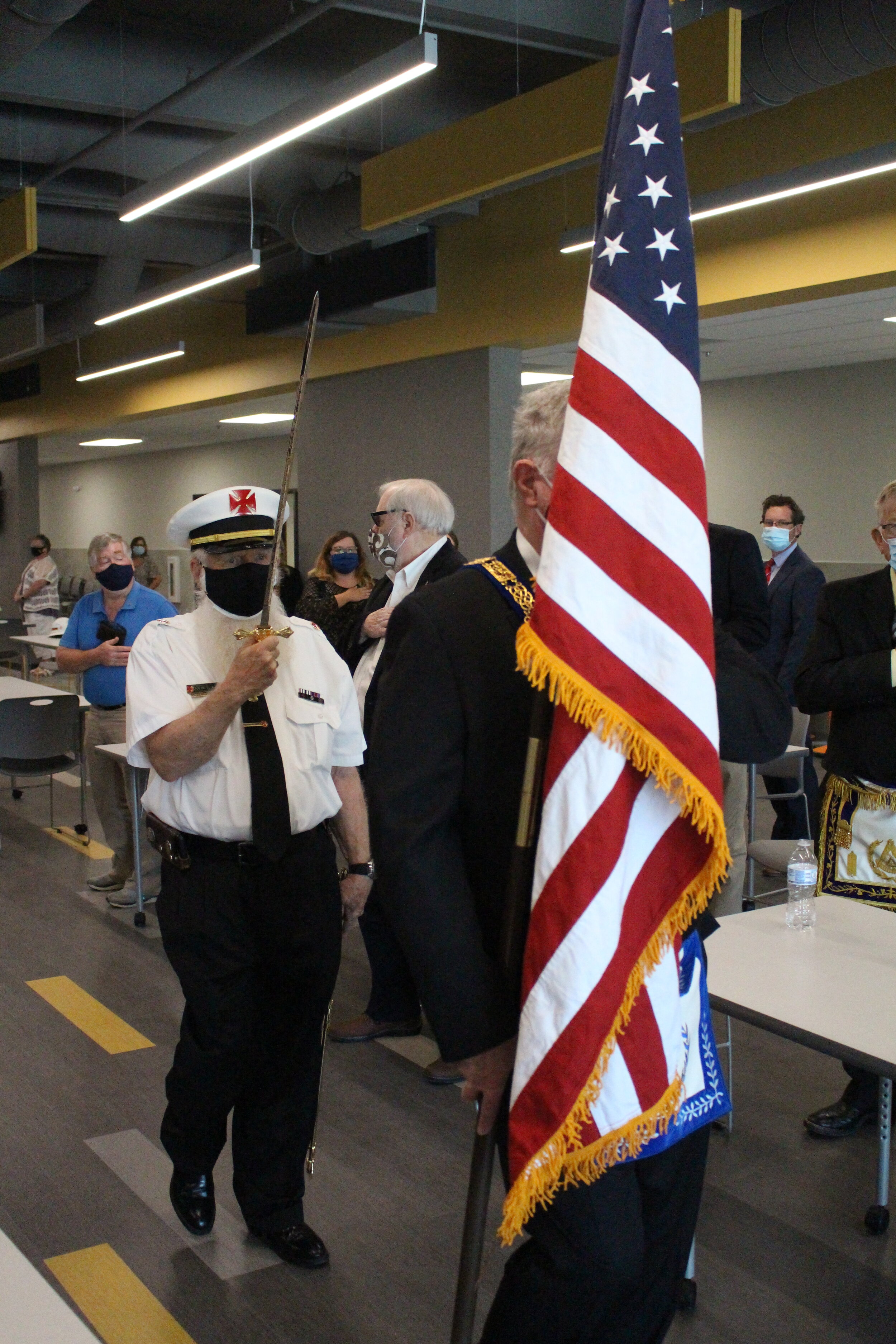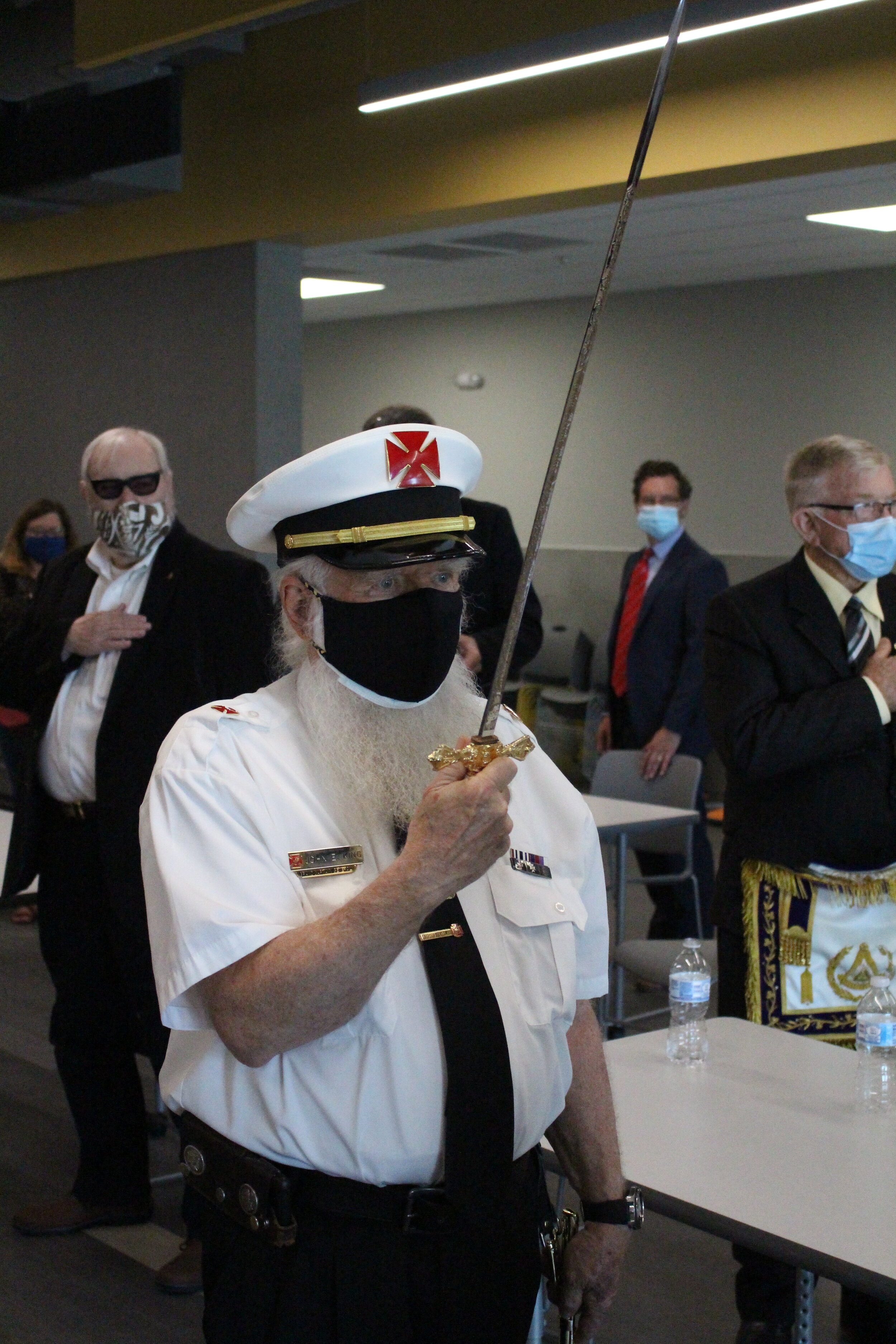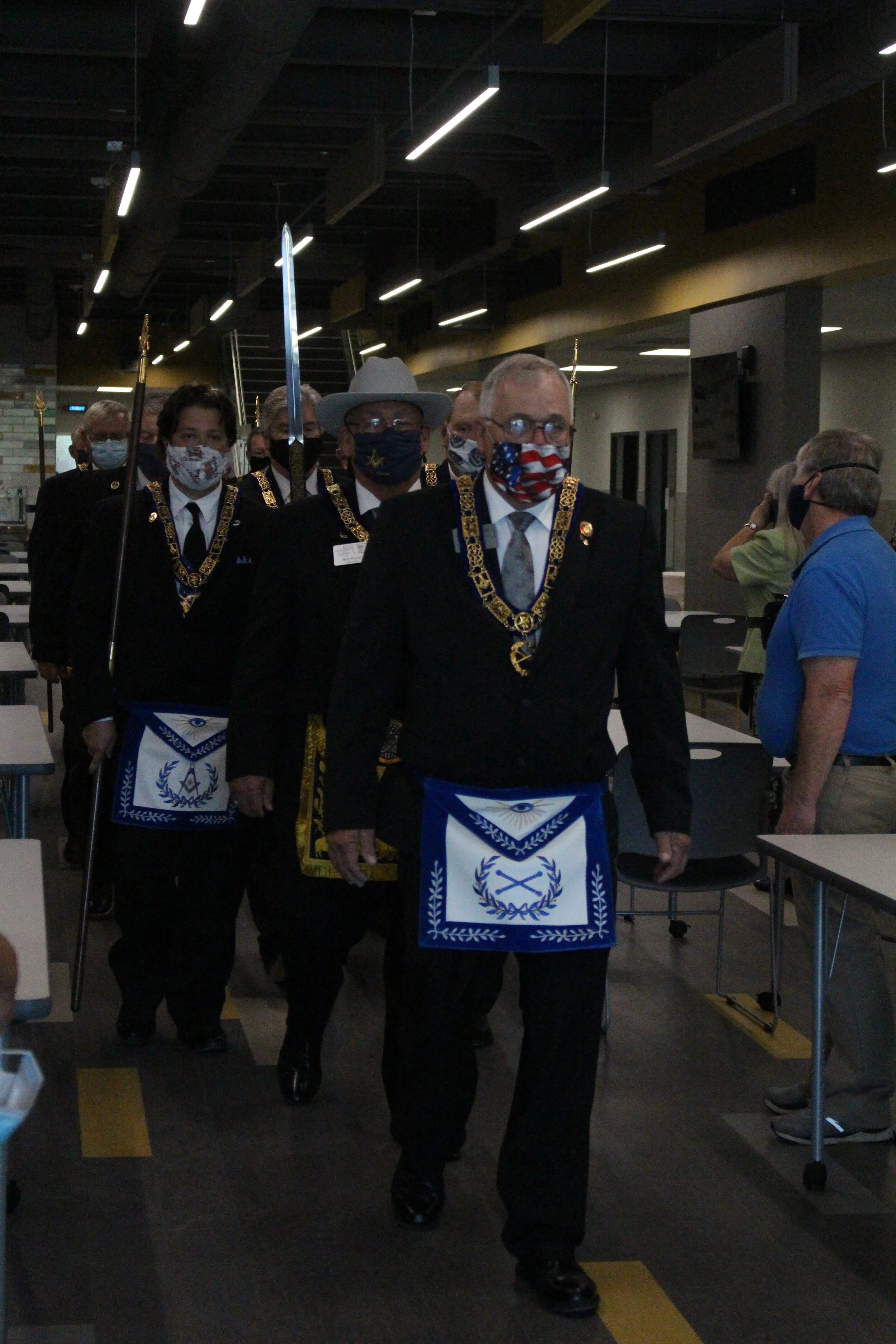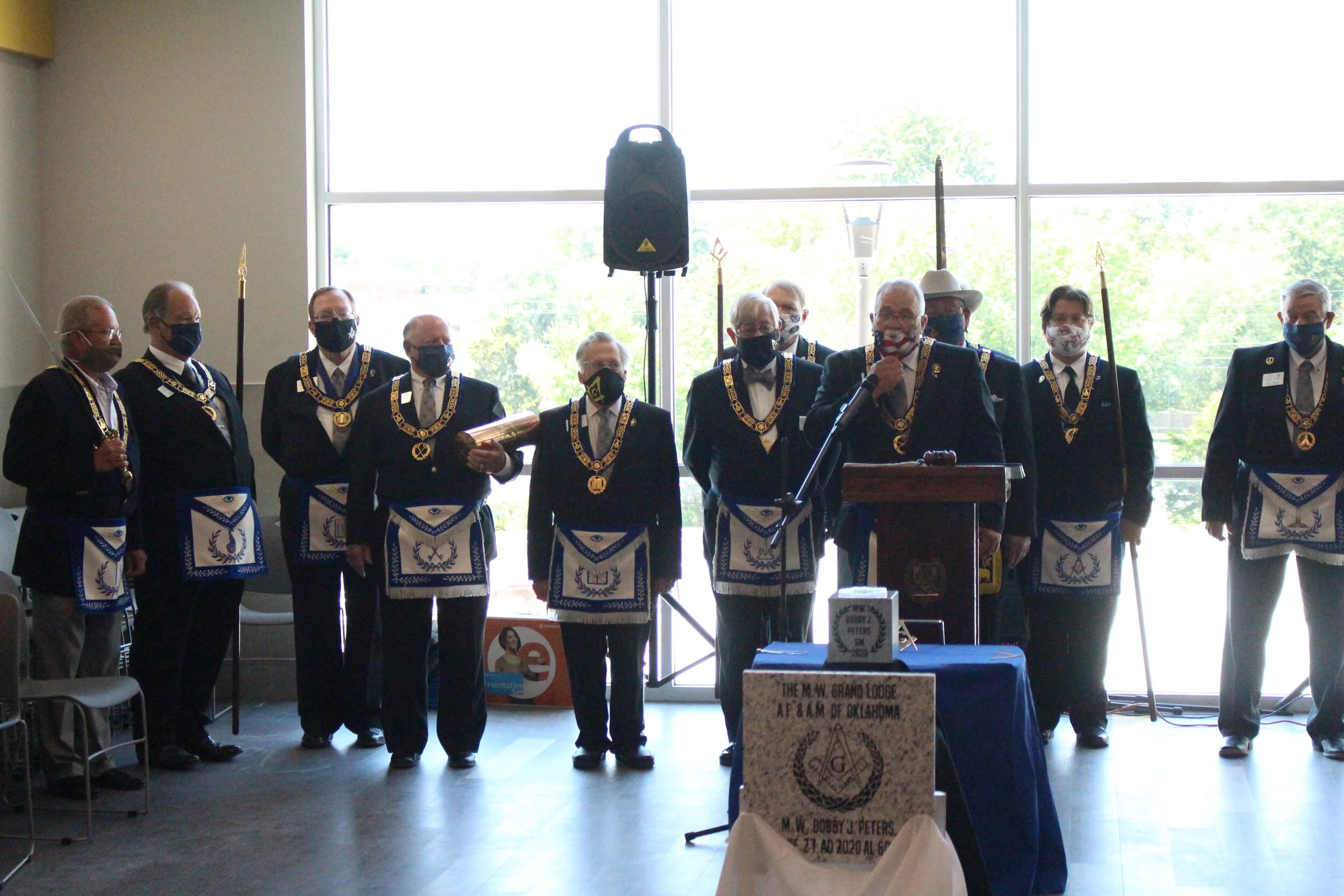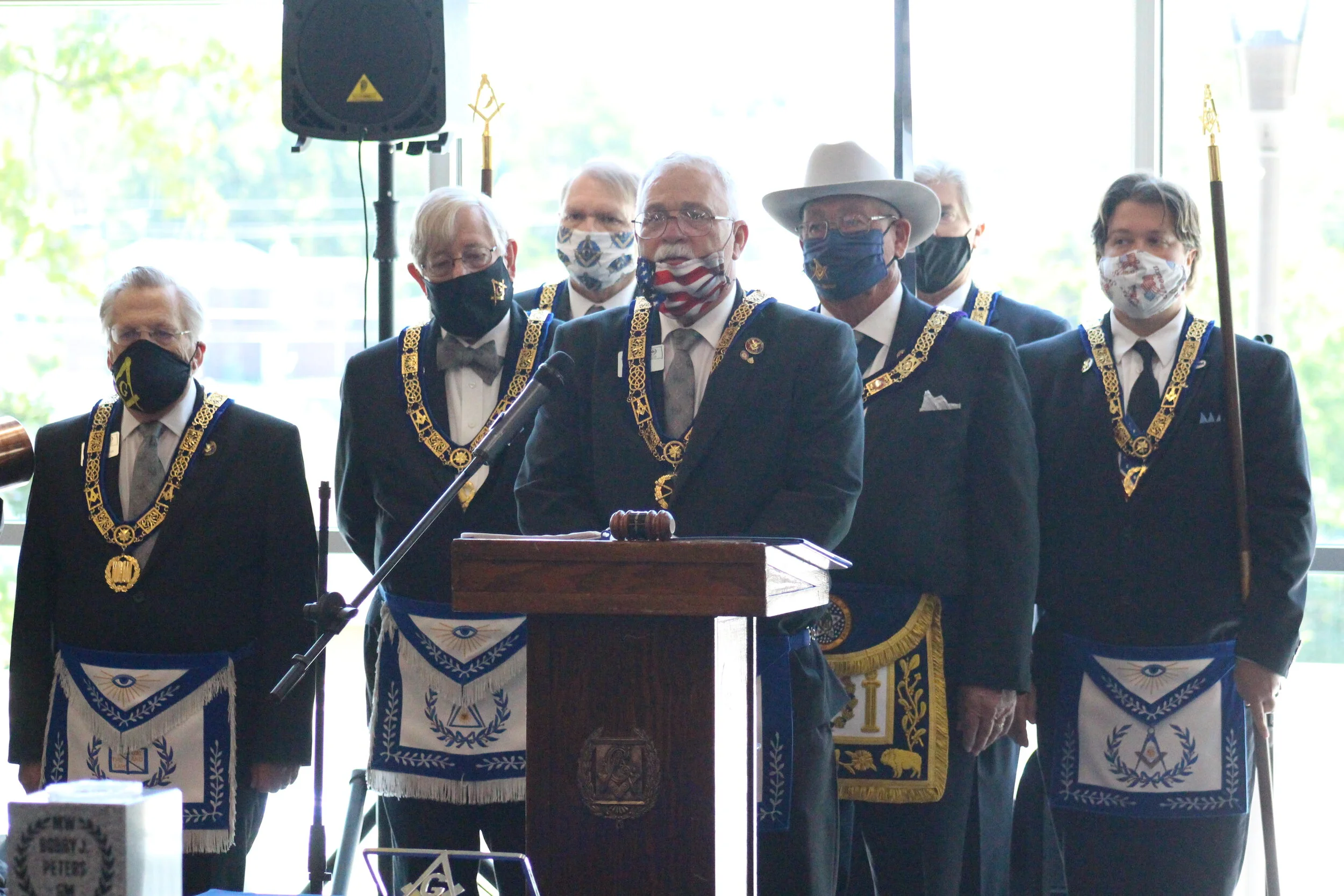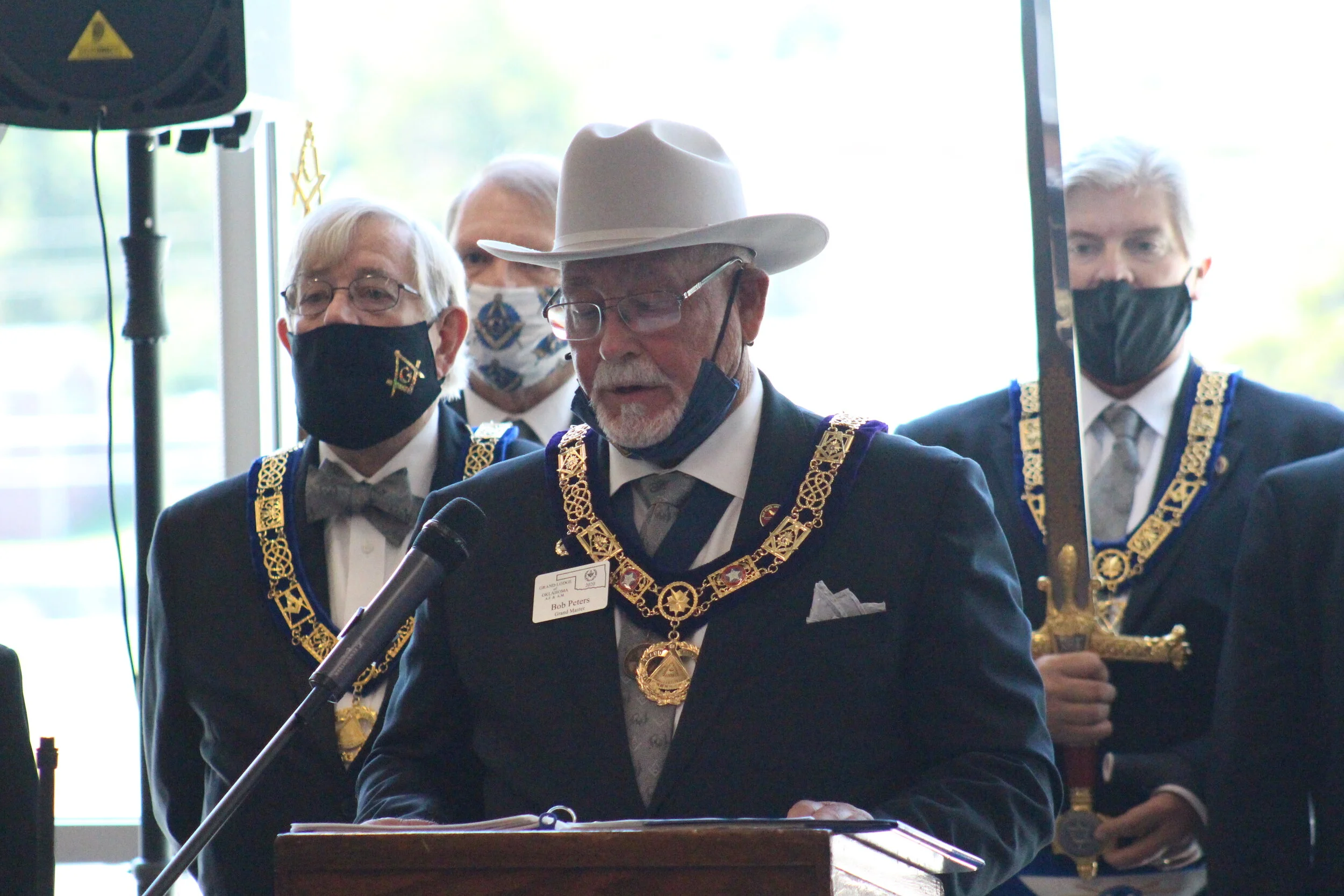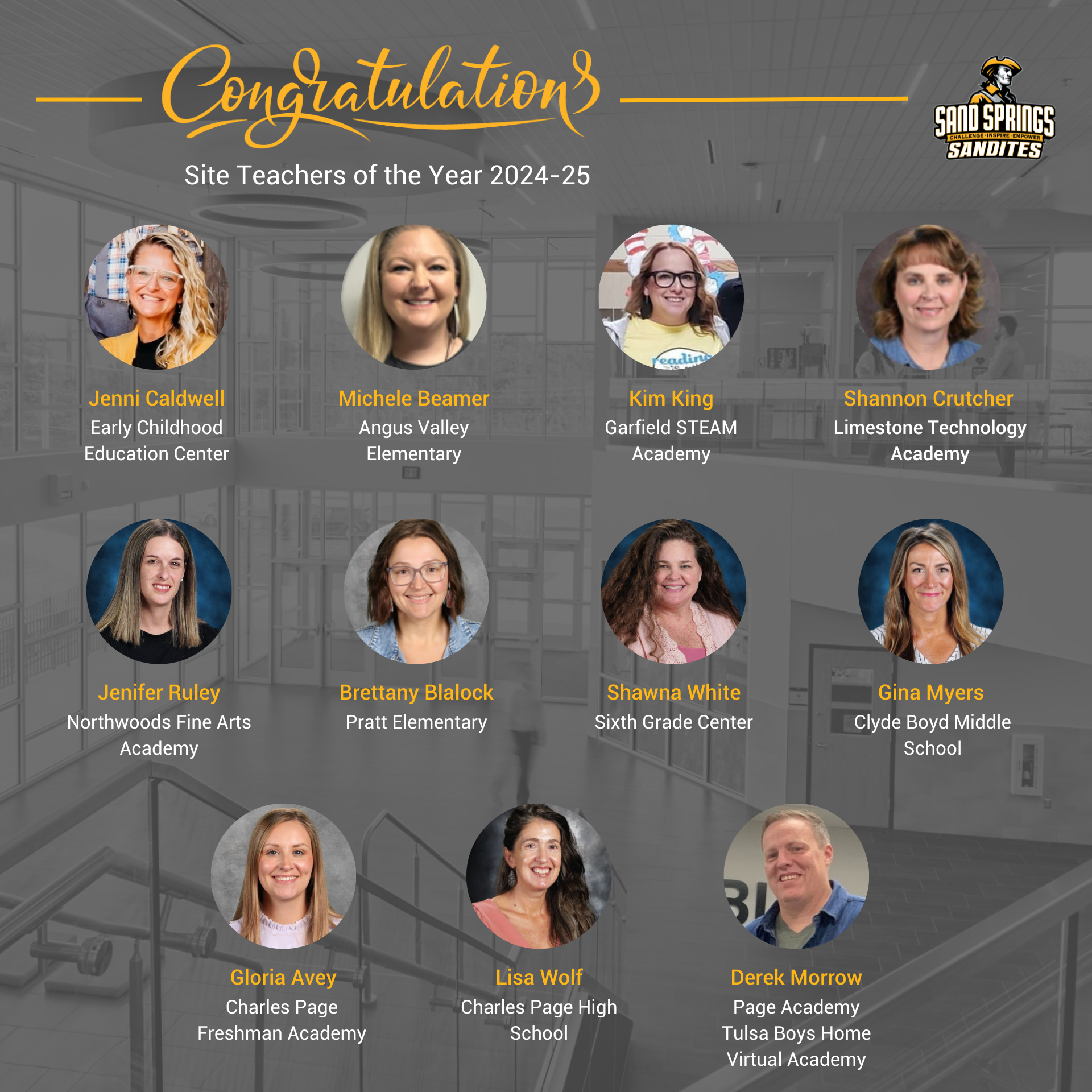Sand Springs Mayor Jim Spoon issued an updated “shelter in place” proclamation for the City of Sand Springs, effective on April 1, 2020, as follows:
“Based on the expanding crisis, it is important for the residents of Sand Springs to exercise extreme caution in their contact with others and to only be in public if necessary. While a number of businesses have been defined as essential by the Governor, I am also asking each essential business owner to take even more safeguards than have been required by the State, including closing if possible, for the safety of their employees and families, so that we can get through this event. It is important that we do everything possible to protect each other. If we do not see improvement, I am very concerned that additional restrictions may be necessary.”
Proclamation Declaring State of Emergency
WHEREAS, a proclamation declaring a state of emergency was issued by the Mayor of the City of Sand Springs on March 17, 2020, by virtue of the COVID-19 (Coronavirus) global pandemic; and
WHEREAS, a proclamation requesting voluntary business closing was issued by the Mayor of the City of Sand Springs on March 18, 2020, encouraging restaurants, bars, and other privately owned gathering places to limit the number of patrons and to encourage the transition to “take-out” or delivery options.
WHEREAS, a number of local businesses have implemented changes that provide protection to the public; however the Tulsa County Health Department has requested the City of Sand Springs take additional measures to protect the public, as the threat has not only continued but expanded within Tulsa County, resulting in additional exposure, illness and death.
WHEREAS, since the emergency declaration, the disease has continued to spread in multiple locations throughout the United States and the State of Oklahoma, resulting in additional protective measures imposed by Federal, State and local governments; and
WHEREAS, the state declared emergency for the State of Oklahoma is continuing; and
WHEREAS, the City of Tulsa and other municipalities have imposed executive orders with mandatory limits for certain businesses in an attempt to limit social contact; and
WHEREAS, the Governor of the State of Oklahoma issued an executive order on March 24, 2020, effective March 25, 2020, that provides additional direction to the residents of Tulsa County and other affected counties within the State of Oklahoma, said executive order confirming and further enforcing the prior proclamations issued by the Mayor of the City of Sand Springs;
WHEREAS, based on the Governor’s orders, additional direction to local residents and businesses will assist all in having an appropriate response to the continuing threat; and
WHEREAS, practicing such methods such as social distancing is believed to stop the spread of COVID-19; and
WHEREAS, the spread of COVID-19 is a disaster affecting life, health, and safety of Sand Springs residents of the City of Sand Springs and create an emergency situation within the meaning of Section 683.3 of the Oklahoma Emergency Act of 2003, as amended;
NOW, THEREFORE BY VIRTUE OF THE AUTHORITY VESTED IN ME BY THE CITY CHARTER AND STATE LAW, I, JAMES O. SPOON, MAYOR OF THE CITY OF SAND SPRINGS, OKLAHOMA, DO HEREBY PROCLAIM AND DECLARE:
SECTION ONE: The previously declared state of emergency is continuing pursuant to the original proclamation.
SECTION TWO: All citizens living in or visiting the City of Sand Springs are ordered to shelter at their place of residence. For the purpose of this Order, residences include homes, apartments, condominiums, dormitories, hotels, motels, shared rentals, and similar facilities and accommodations. All persons may leave their residences only for Essential Activities as defined herein, or to provide or perform Essential Governmental Functions as defined by the government performing the function, or to operate Essential Businesses as defined by the Governor of the State of Oklahoma, or his designee:
For purposes of this Order, individuals may leave their residence only to perform any of the following “Essential Activities”:
To engage in activities, perform tasks, or obtain supplies essential to their health and safety, or to the health and safety of their family, household members, or pets (for example, obtaining necessary medical supplies, medication, food and beverage, or other products necessary to maintain safety, sanitation, and essential operation of residence, visiting a health care professional, obtaining supplies needed to work from home, or performing property maintenance).
To engage in outdoor activity, provided that individuals, except those from the same household, must comply with physical distancing requirements of six feet (for example, walking, biking, hiking, or running).
To perform work at an Essential Business.
To care for or transport a family member or pet in another household.
To move for another residence either in or outside of the City of Sand Springs.
All in-person gatherings for social, and recreational purposes, including but not limited to community, civic, public, leisure, or sporting events; parades, concerts, festivals, conventions, fundraisers and similar activities of ten or more persons are prohibited.
SECTION THREE: All restaurants, bars, and other privately owned gathering places and other dine-in service areas shall be closed to the public until the expiration of this emergency declaration, although “pick-up” and delivery service may remain open to the public and is encouraged until the expiration of this emergency declaration.
SECTION FOUR: No business shall remain open to the public and/or conducting transactions with the general public upon their premises unless specifically designated by the City of Sand Springs as an essential business. A list of essential businesses may be viewed at https://www.sandspringsok.org/COVID-19 or in person at 100 E. Broadway in the public notice display on the north side of the building. Businesses may appeal their designation status through the (Chief of Police Office or City Clerk’s Office).
SECTION FIVE: To the extent possible during this emergency, the City of Sand Springs shall devote resources, as available, to assist not only local residents, but the business community to react and adjust to the continuing threat, including but not limited to assistance with continuing business operations as appropriate.
SECTION SIX: All persons are encouraged to take precautions available to assist in alleviating the spread of the virus. All businesses should comply with all CDC and health department regulations and directives. Failure to comply may result in revocation of a business certificate of occupancy or any other legal remedy available.
SECTION SEVEN: This proclamation shall become effective 11:59 p.m. Wednesday, April 1st, 2020.
SECTION EIGHT: This state of emergency shall continue until 12:01 a.m. May 11, 2020 or terminated earlier by further proclamation.
PROCLAIMED THIS 1ST DAY OF APRIL, 2020.
